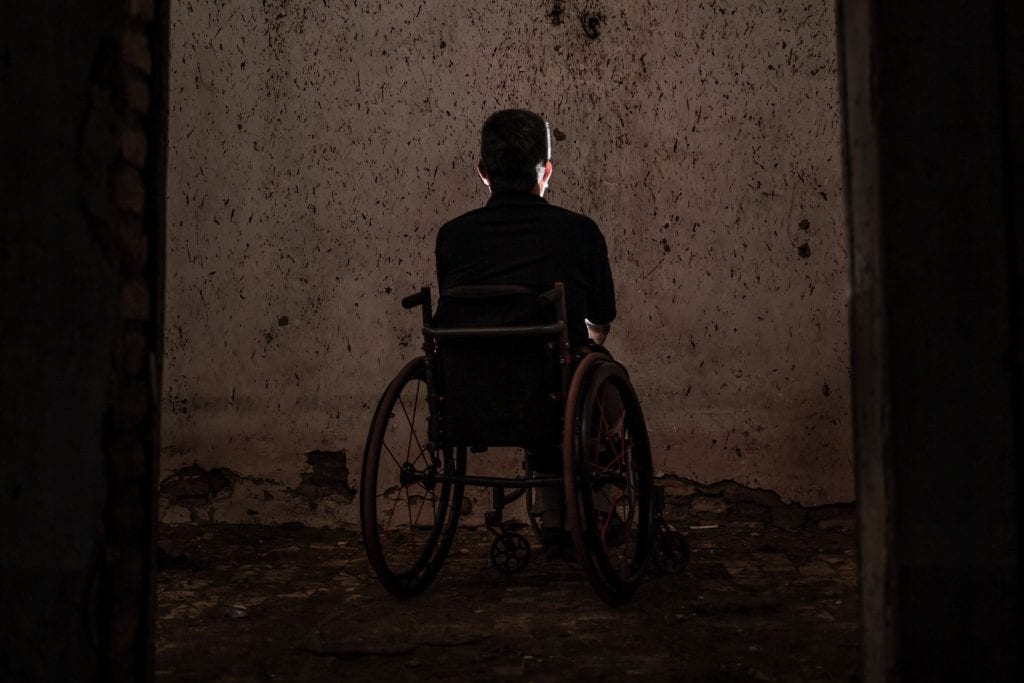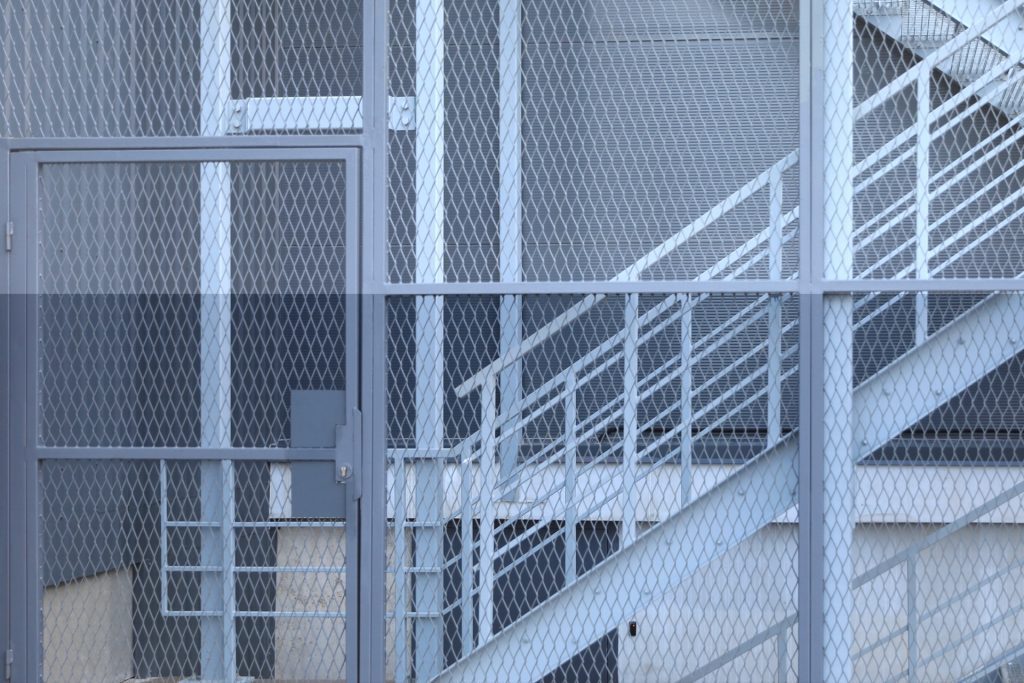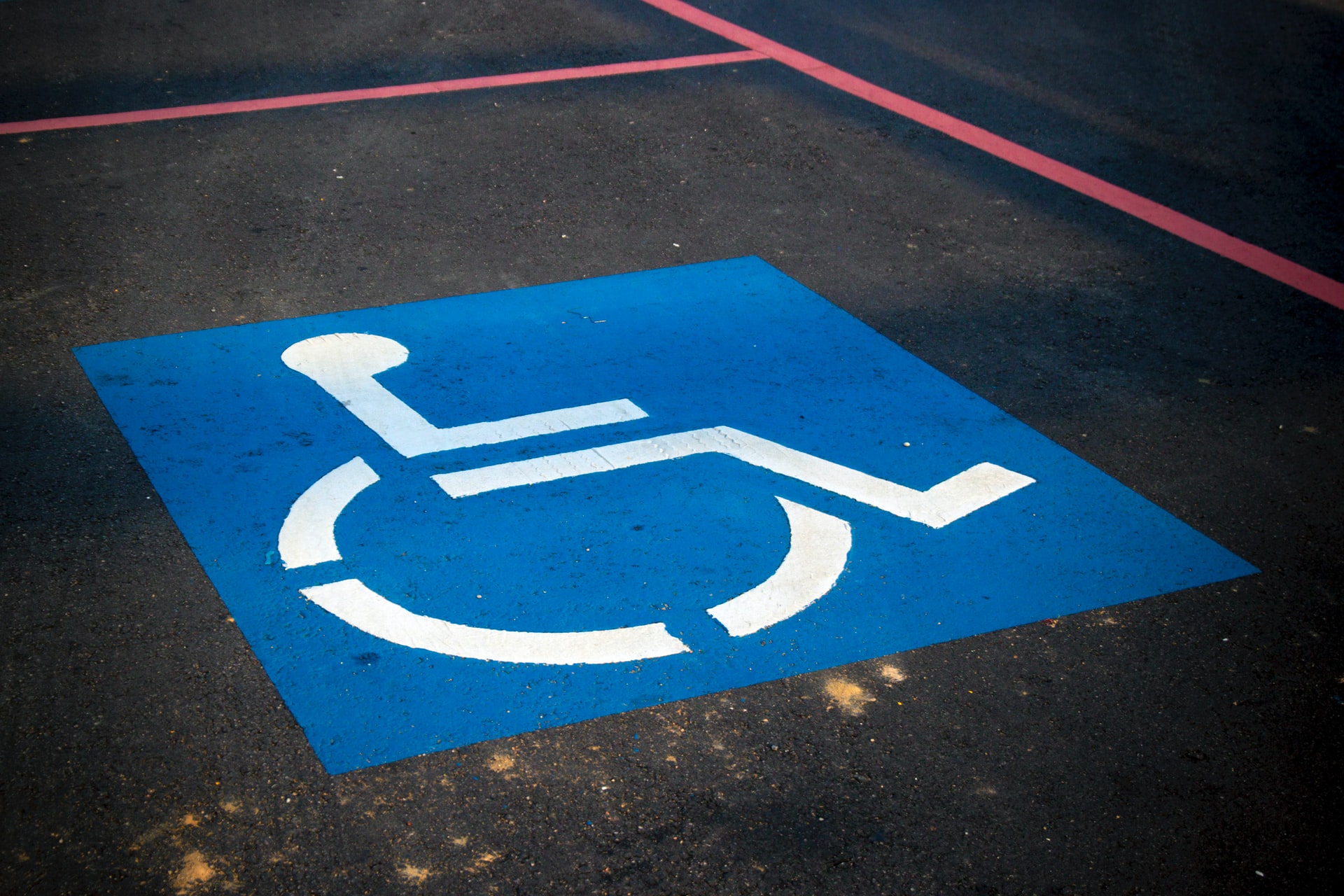The Americans With Disabilities Act (“ADA”) protects everyone. That includes people in federal prison. By law, your prison facility must accommodate your disability. But what if they don’t?
How do you identify and prove your disability in federal prison?
The ADA protects people with disabilities, including people in prison. Discrimination, even inside prison walls, is strictly against the law. But you must identify your disability before your prison can recognize it. The ADA defines a disability as a physical or mental condition that limits “major life” activities. This means you need help doing basic life activities like eating, moving around or doing basic tasks.
The ADA does not list specific conditions. Instead, it says that conditions should be judged on a case-by-case basis.
Documentation is the best way to prove to prison officials that your disability limits your ability to do basic activities. You need some kind of proof from a doctor. For example, your doctor could write a letter about your condition. They could also provide your medical history. Approved disability claims also make good evidence. The more evidence you have of your disability, the better.

What should you ask for when asking a prison to accommodate your disability?
When asking a prison to accommodate your disability, you also have to know what you want. Are you looking for more accessibility? Is there an issue with a certain policy? Are you unable to take part in programs? The more specific your request, the easier it is for prison officials to accommodate.
What can you do if federal prison officials won’t fix the problem?
It is much easier to resolve disability issues in prison without going to court. You can start by talking to prison staff that you trust. Doing so gives them a chance to solve the problem rather than going to court. Not only is it easier, but it is also much faster. And, even if it doesn’t work out, it shows that you tried. This will help you in court if it comes to that later.
If you’ve talked to prison officials and they have not solved the problem, you can file a complaint. Here’s what you’ll need to show:
- Your disability meets ADA standards.
- You qualify to take part in a program.
- Your disability excludes you from prison activities or results in discrimination.
- The prison or government agency gets federal funding.
If your case meets these standards, you can file a complaint against your prison.

How do you file a disability complaint against a federal prison?
If prison officials won’t help, you can file a complaint with the Department of Justice. You can do so by letter, fax or email. Here’s what you need to put in that complaint:
- Your full name, address and phone number.
- The name and address of your prison.
- A short description of the discrimination, including dates of the incidents and the names of people involved.
- Copies of any documents you may have related to the case.
- Any other relevant information about the disability discrimination in prison.
If you want to file by mail, send your complaint to this address:
U.S. Department of Justice
950 Pennsylvania Avenue, NW
Civil Rights Division
Disability Rights Section – 1425 NYA
Washington, DC 20530
Want to file by fax? Fax your complaint to (202) 307-1197. You can also file by email at ADA.complaint@usdoj.gov.
The Takeaway:
Disability discrimination is a violation of your civil rights. The Americans with Disabilities Act protects the rights of all disabled Americans, including you. If you or a loved one faces disability discrimination in prison, federal law protects you.






